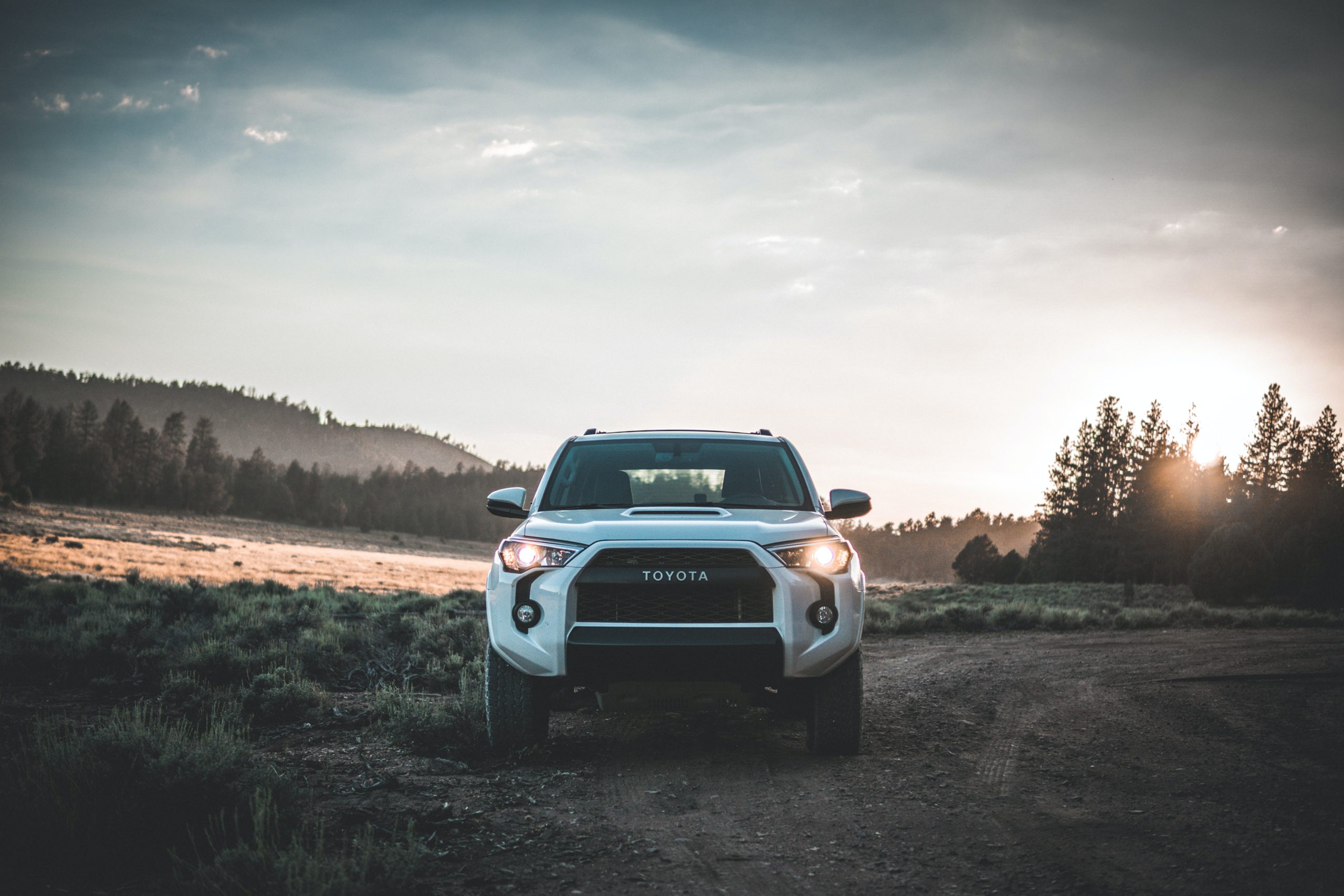Comparing Car Leasing vs. Buying: Making an Informed Decision for Better Value
If we talk about buying a new vehicle, the decision to lease or purchase is not just about preferences; it’s about evaluating each option’s financial aspects and numerous benefits. Both car leasing in Dubai and buying have advantages and drawbacks, making it essential to consider your circumstances and goals before choosing.
Car Leasing: A Closer Look
Car leasing offers several enticing benefits, especially for those who prefer to drive a new car every few years. Here are some key points to consider:
Monthly Lower Payments:
Lease payments are typically lower than loan payments, allowing you to drive a more expensive car for less money each month.
Warranty Coverage:
Leased vehicles are often covered by the manufacturer’s warranty for the duration of the lease, which means lower maintenance costs and peace of mind.
Access to Newer Models:
Leasing lets you enjoy the latest vehicle models with the latest features and technology, making it an excellent option for tech enthusiasts.
Tax Benefits:
Sometimes, businesses can deduct lease payments as a business expense, providing potential tax benefits.
However, leasing does have its downsides:
Limited Mileage: Most leases have mileage restrictions, and exceeding these limits can lead to additional fees.
No Ownership Equity: Unlike buying, leasing doesn’t allow you to build equity in the vehicle. Get the car without the opportunity to own it at the end.
Buying a Car: Pros and Cons
Purchasing a car brings its own set of advantages and considerations:
Ownership: Purchasing a vehicle shows that you own it once the loan is paid off, giving you the freedom to keep, sell, or modify it as one wants
No Restrictions for Mileage: Unlike leases, you won’t face penalties for exceeding mileage limits, allowing you to drive.
Long-Term Savings: While monthly loan payments may be higher, car purchasing can be economical in the long run, especially if you keep the vehicle for many years after the loan is paid off.
Customization: Car owners can personalize their vehicles with aftermarket modifications, which isn’t typically allowed in lease agreements.
However, buying also comes with considerations:
Higher Upfront Costs: Down payments and initial fees for purchasing a car are generally higher than those for leasing.
Depreciation: Cars depreciate over time, and as an owner, you’ll have to recover the vehicle’s value loss.
Making the Decision: What’s Right for You?
The choice between leasing and buying depends on your circumstances and priorities. If you value driving a new car with lower monthly payments and less concern about long-term ownership, leasing might be the right choice.
Before deciding, evaluate your budget, driving habits, and plans. Consider your average annual mileage, how long you plan to keep the vehicle and your financial stability. Comparing car leasing to buying involves analyzing each option’s financial implications, benefits, and drawbacks. By carefully considering your needs and objectives, you can make an informed decision that aligns with your lifestyle and offers better value in the long run.
